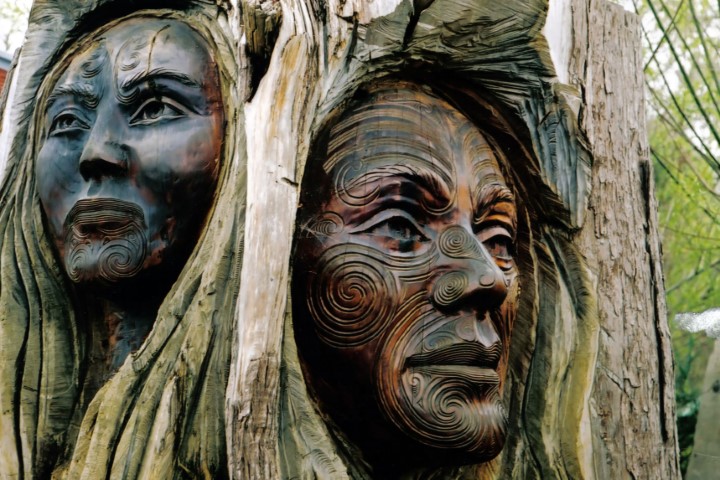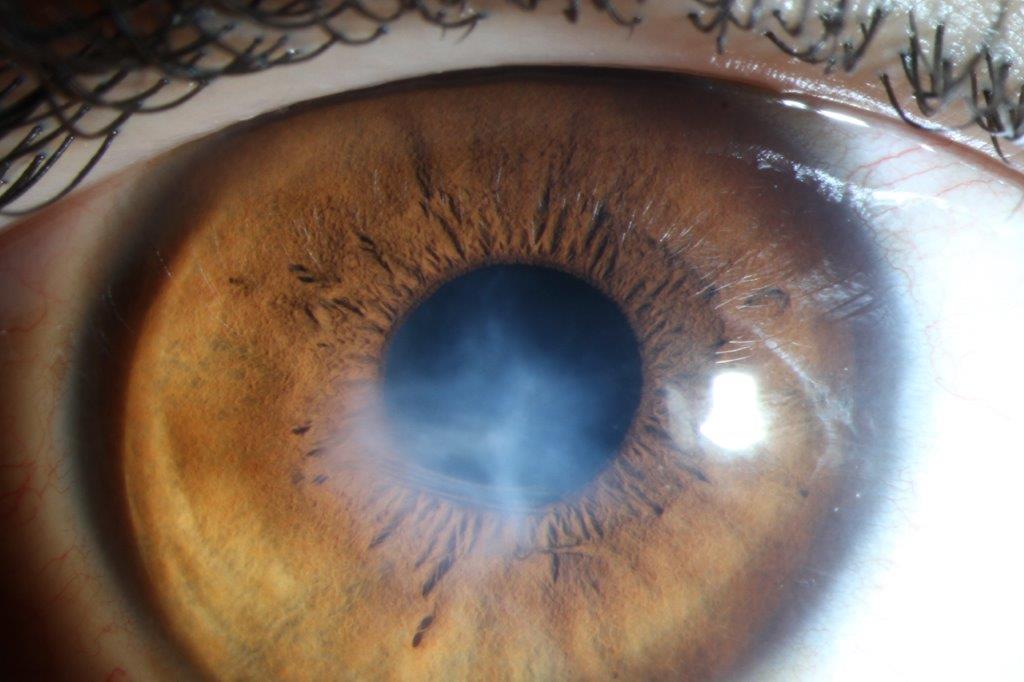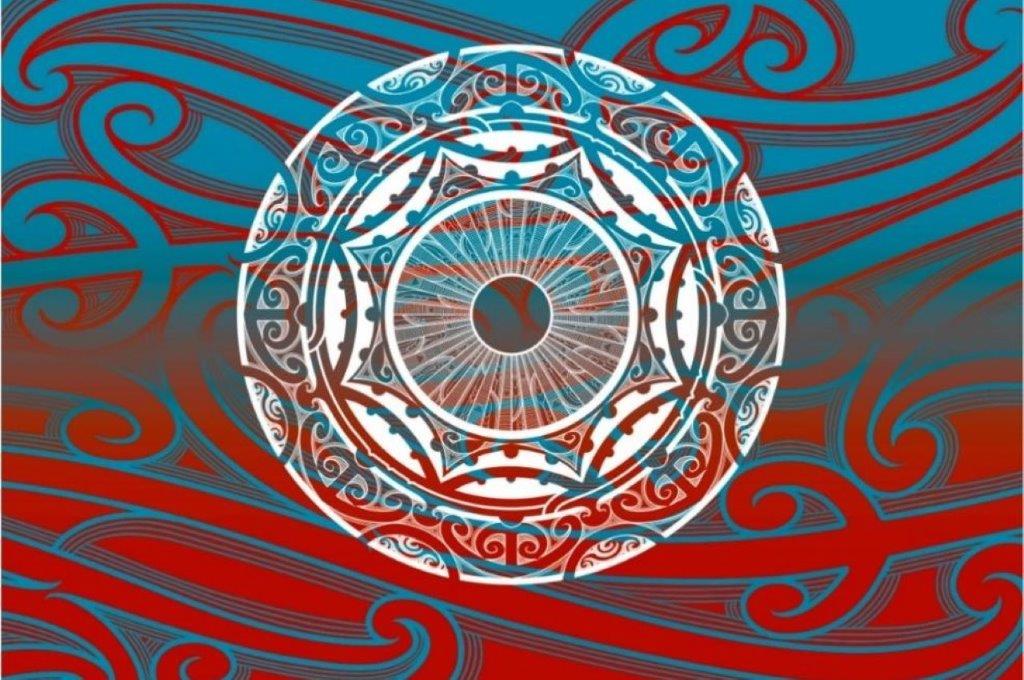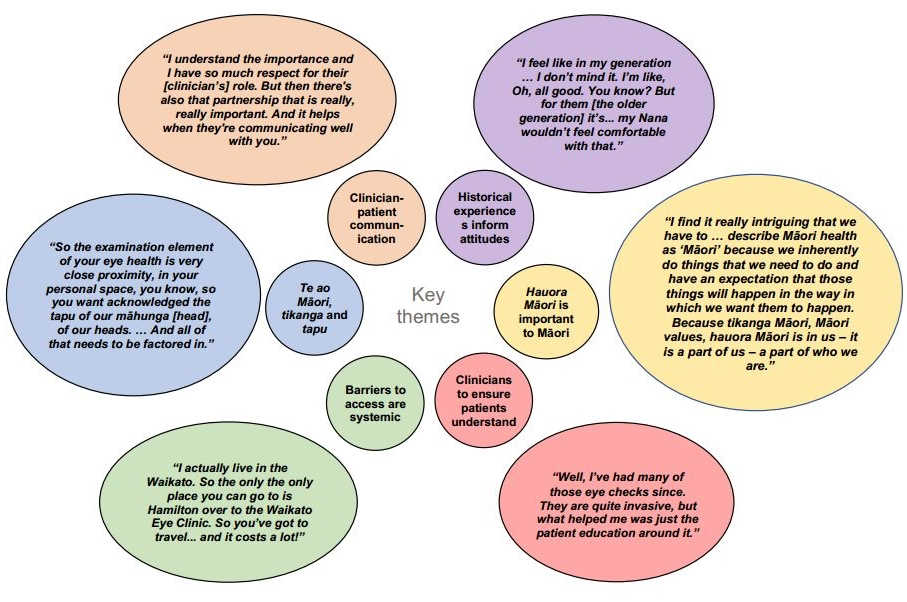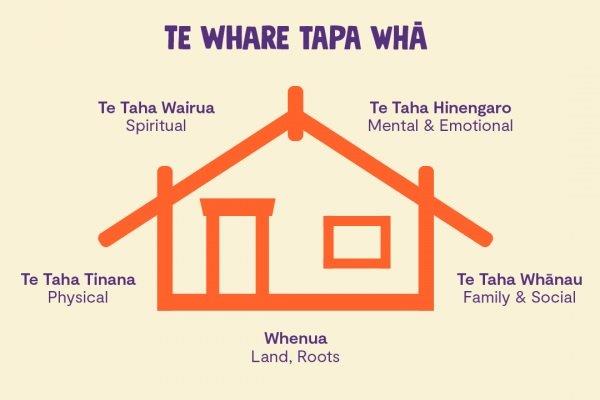Māori’s higher treatment-injury risk
Māori are a third more likely to be admitted to hospital with injuries resulting from healthcare and are 43% more likely to be admitted because of healthcare complications compared with non-Māori, reported researchers from the University of Auckland.
Of the healthcare complications recorded in the study, more than half (for both Māori and non-Māori) related to medications, with authors citing the example of high blood pressure medications being too strong, leading to very low blood pressure, falls and injuries.
The research reviewed hospital records from the Lakes and Bay of Plenty regions over five years (2014-2018) and covered around 300 treatment-injury patients and almost 14,000 people admitted with complications; all were over 50 years of age. Co-author and pharmacist Dr Joanna Hikaka said the team’s results showed older Māori adults were more likely to experience adverse outcomes than non-Māori. “We believe it is important for the New Zealand health system to routinely report adverse outcomes resulting from healthcare and respond when there are differences in outcomes between different groups,” she said. Although older Māori were more likely than older non-Māori to be admitted to hospital because of these issues, Māori living in the same regions were less likely to have a treatment injury-related ACC claim.
Lead author and junior doctor Dr Gina Svensen from Christchurch Hospital said the findings highlight inadequacies in the provision of quality healthcare for Māori and prompt further investigation at a national level. “The health system reform provides an opportunity to improve monitoring and reporting of adverse outcomes in healthcare in New Zealand.”







